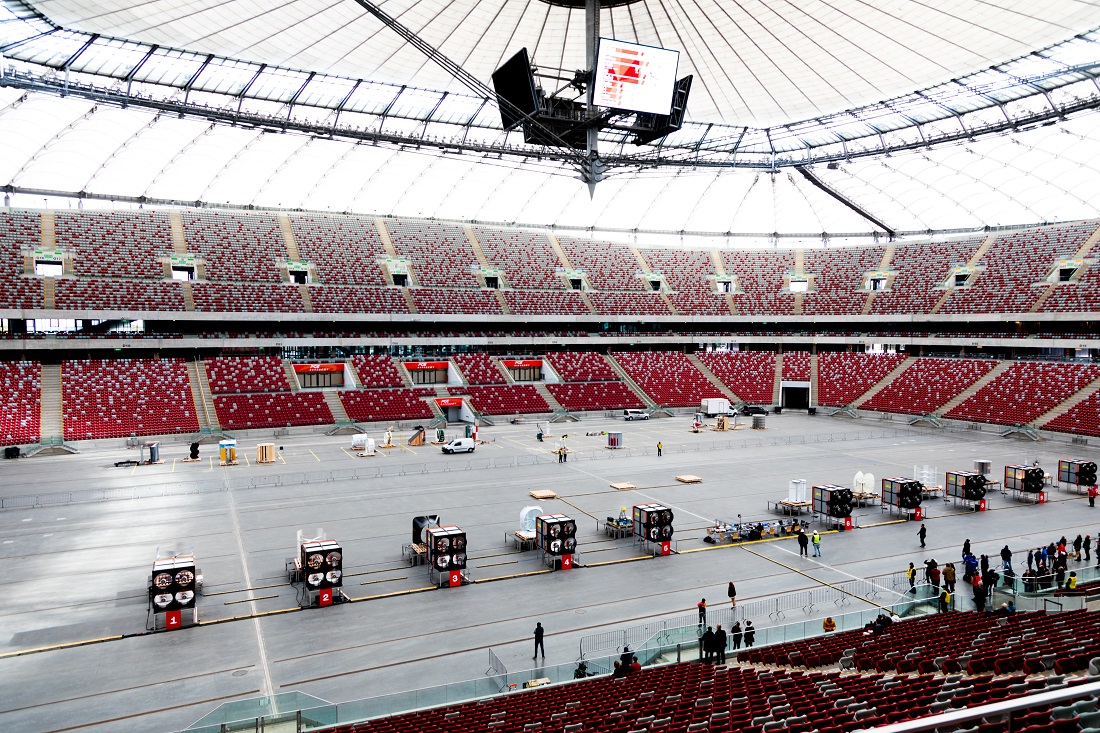


Can you explain what your initiative is about and how you came up with this idea?
Grand Challenge – Energy is a unique formula referring to the Grand Challenge type competitions initiated in 2004 by the US DARPA (Defense Advanced Research Projects Agency). Poland’s National Centre for Research and Development (NCBR) in consultation with scientific experts set a research challenge in 2019 as a technological response to a major social and energy problem.
We invited a wide group of participants, including innovators, students and student clubs, garage inventors and enthusiasts, to solve this challenge. Unlike the other EU-funded NCBR programmes organised under a grant formula, the Grand Challenge – Energy is targeted at individuals. Thanks to the open formula, minimum formalities and relatively low costs of solving the challenge, every inventor had the opportunity to participate.
The implementation of the Challenge was guided by the goal of stimulating the creation and development of breakthrough solutions in the area of small-scale, effective installations using wind energy and – optionally – energy storage.
A specific research problem was set for the participants of the Grand Challenge – Energy. The task was to convert wind energy into electricity in the most efficient manner using the optional energy storage option. Technologies developed as part of the Grand Challenge have the opportunity to prove themselves in various places: not only in our homes, but also, for example, in public buildings, agritourism centres, mountain shelters, underground passages and railway tunnels. The project will thus help promote energy that uses renewable energy sources in many aspects of our lives.
What were the biggest challenges you faced in organising this event?
The biggest challenge concerned setting the conditions for the technology competition, which is much more difficult than, for example, organising a sports competition. This difficulty results from the need to properly select criteria and measurable parameters that will allow for an objective assessment of the wide range of solutions proposed by the participants.
Another challenge was related to preparation of artificial wind measurement systems for the 51 windmills competing in the semi-finals. Despite the challenges encountered, we proved that organising a competition for technology is actually feasible.
The winning team presented the best prototype of a domestic wind power plant. What was so special about this new technology? Can this be used as a real solution for the future?
The MMB Team from Gdańsk, led by Professor Zbigniew Krzemiński, was the winner. The winning team is composed of specialists with a daily involvement in the design of electronic systems, power electronics and propulsion devices. The experience gained paid off during their participation in the Grand Challenge.
The windmill that was developed together with the system is based primarily on extensive know-how in the field of design, dimensioning and the calculation of energy balance and efficiency balance through the conversion of wind energy into electricity.
The wind farm created by the team is equipped with a high-power turbine. Each stage of the energy conversion is constructed in a way that ensures a high efficiency. It uses algorithms for optimal turbine control in steady-state conditions that take into account energy storage. The device works without any power limitation in strong winds and uses maximum wind energy at low and high speeds. During the finals, the winning windmill generated as much as 1.7 kWh of energy, while the runner-up generated below 1 kWh, therefore the victory was not accidental.
The competition benefited from EU financial help. How did you learn about EU funds and EU co-funded initiatives?
Yes, EU funds were the foundation for conducting this competition and made it possible to finance the award. We are very delighted that the European Union supports the financing of these types of initiatives, thanks to which we are able to increase the potential for innovation and create an environment for the development of new technologies. The NCBR monitors on an ongoing basis opportunities for financing research and development work involving the use of European funds.
Have you other projects of this kind in mind for the future? Or maybe a second edition of the Grand Challenge?
We will definitely be organising further competitions in various fields, both in the field of technology, but potentially involving also the creation of solutions or concepts in the areas of, inter alia, IT, agriculture, security or the European Green Deal. The Grand Challenge formula is an effective way of acquiring new technologies for a relatively small financial outlay and one that enables the participation of a wide range of interested parties, because anyone who has an idea for a solution can take part in the competition. This type of competition is also great fun and is a great market mobiliser, which is why we want it to continue.
Find out more:
Grand Challenge – Energy (in Polish)